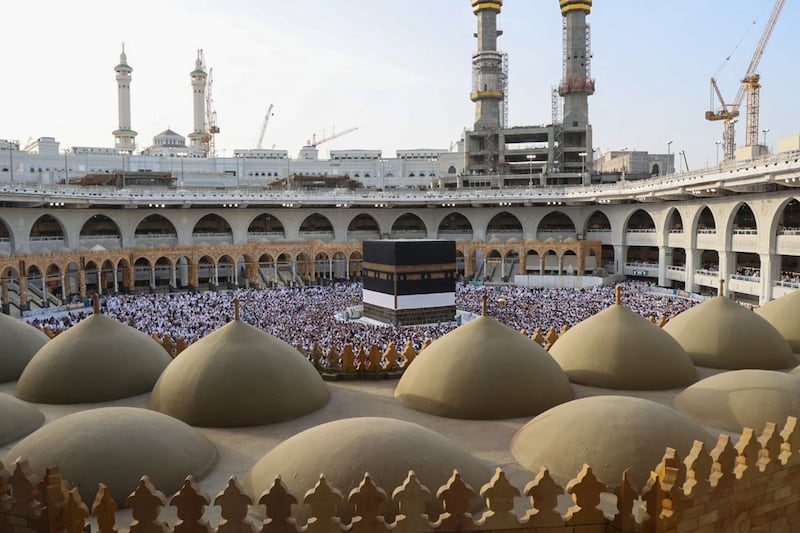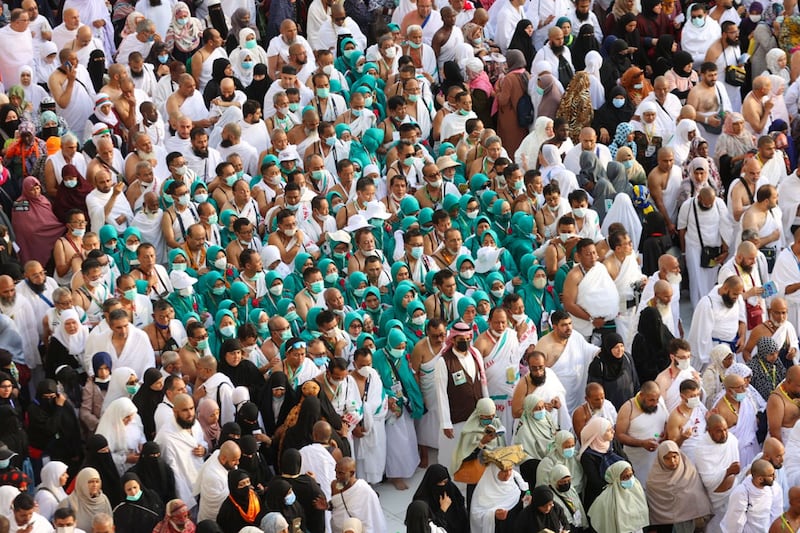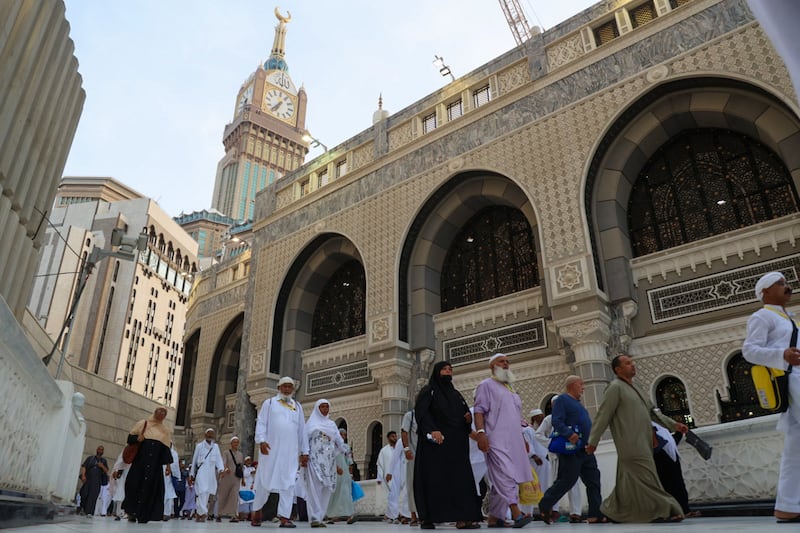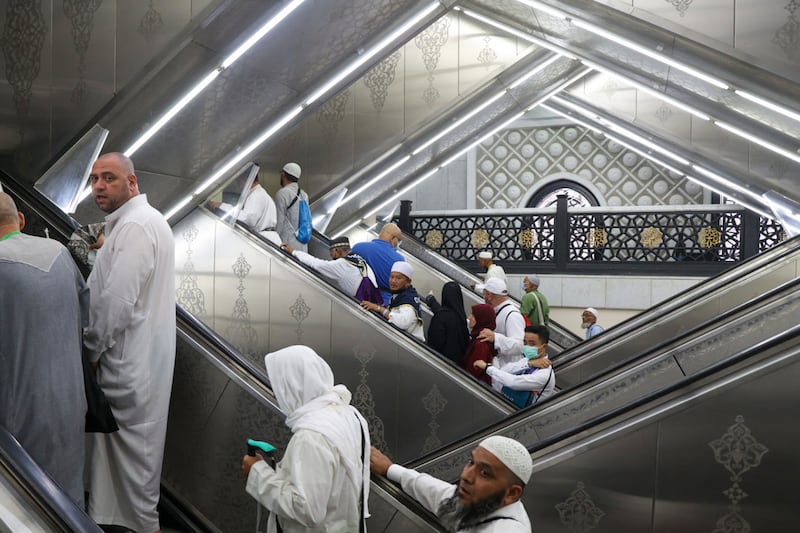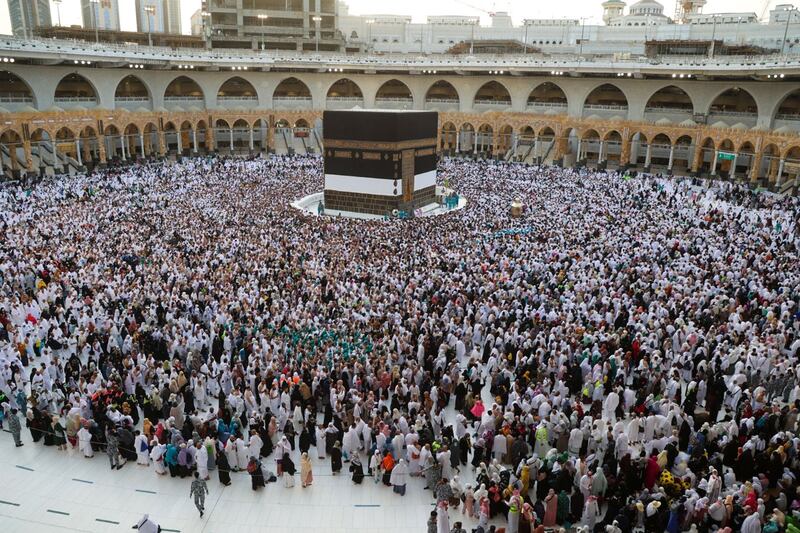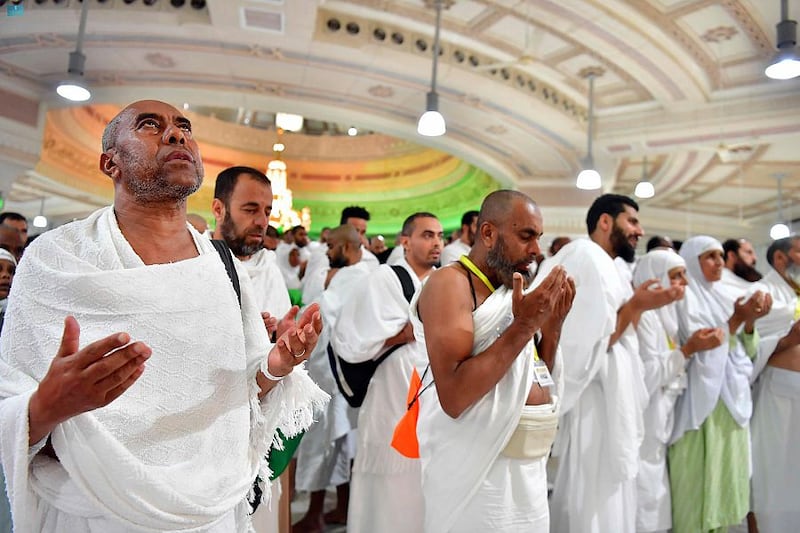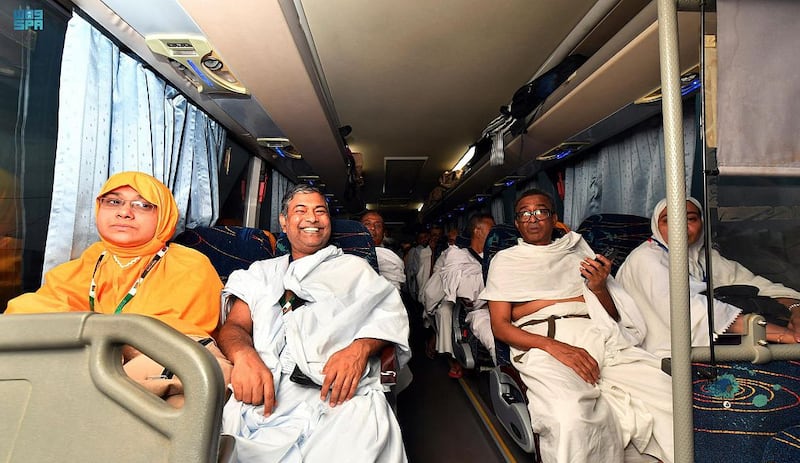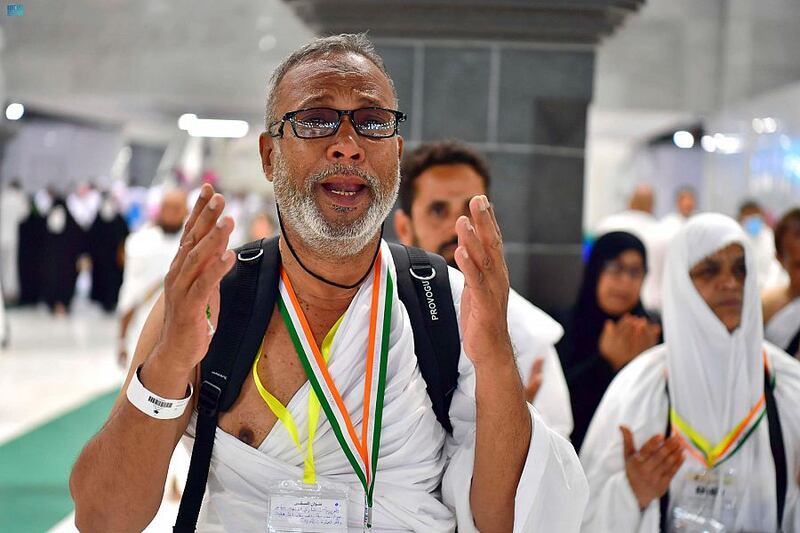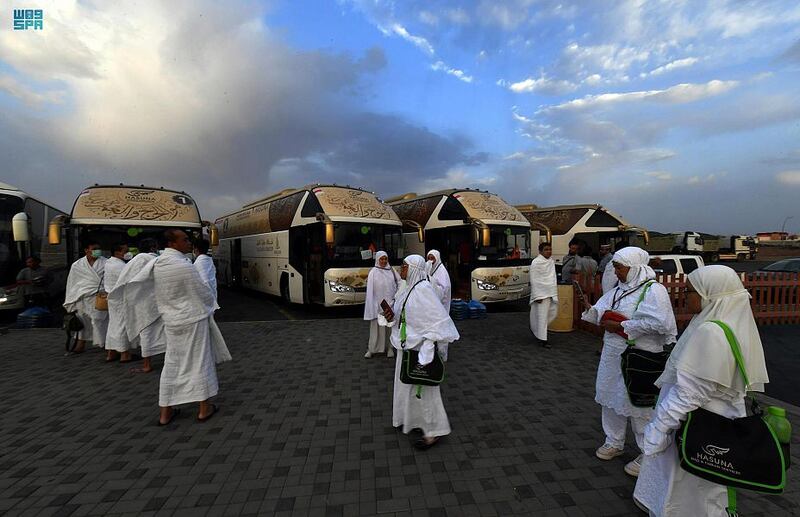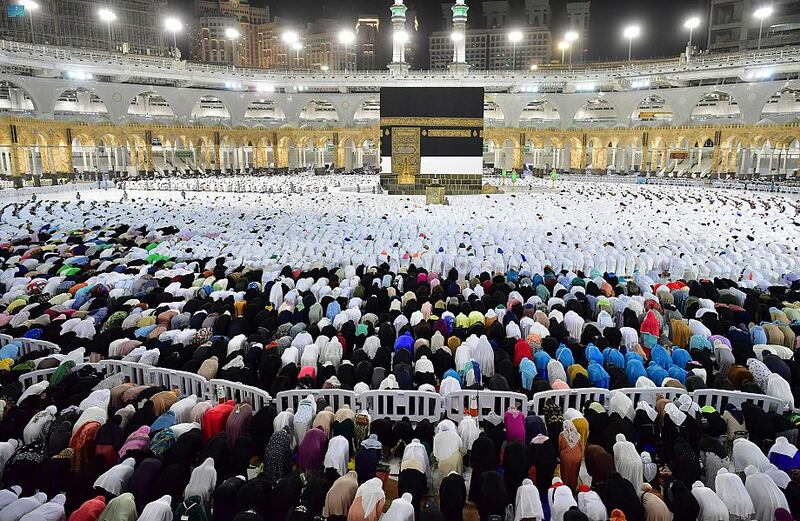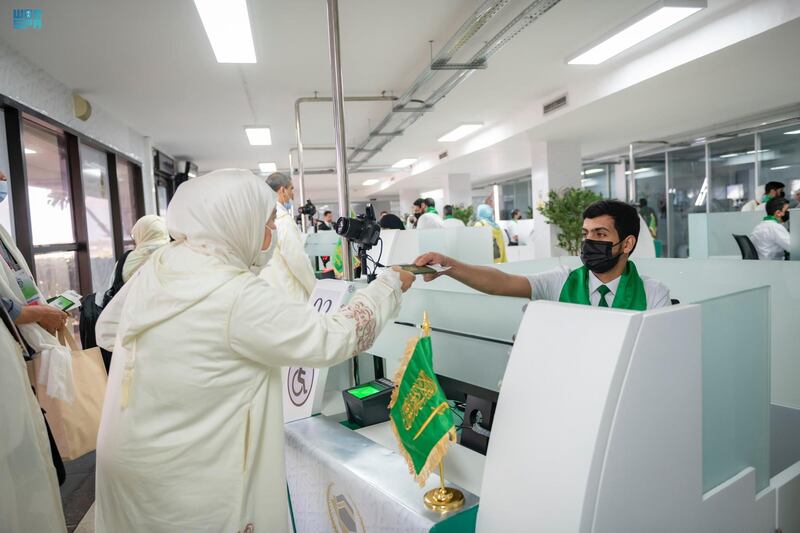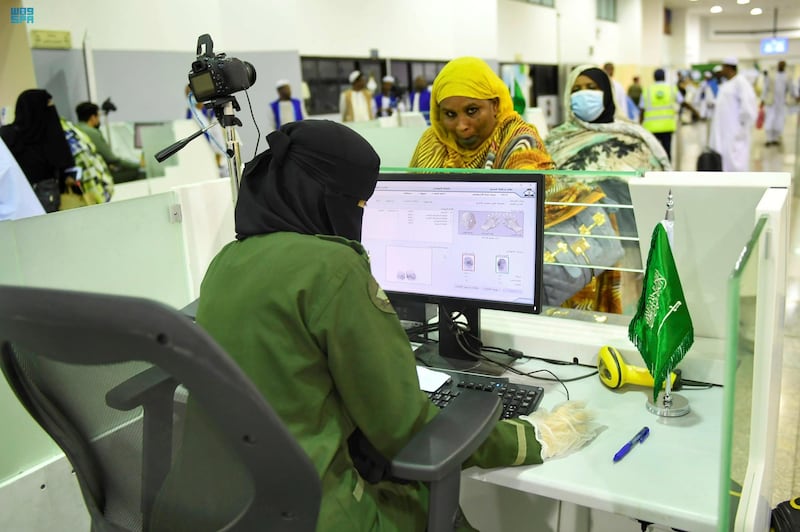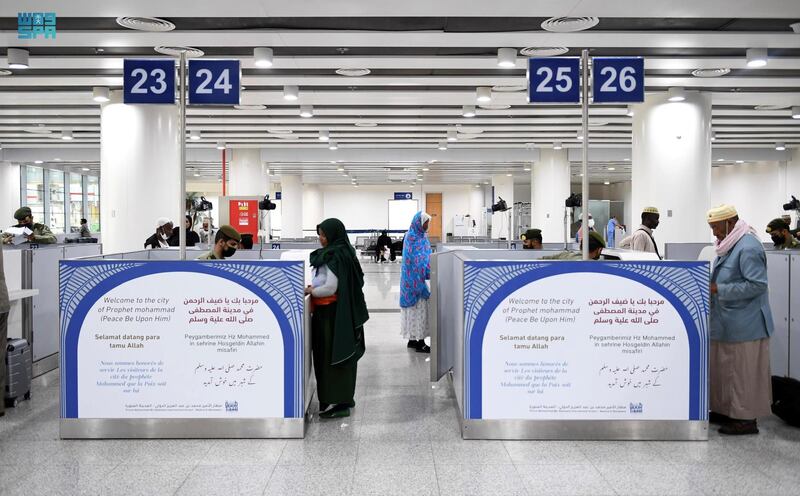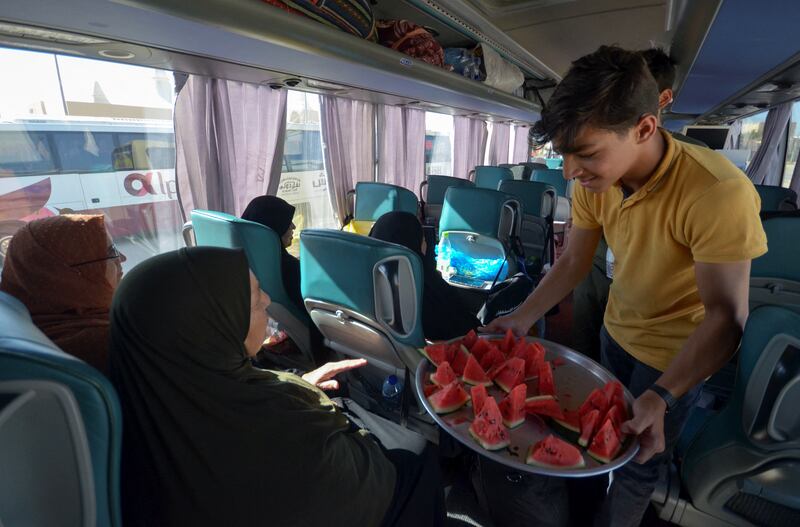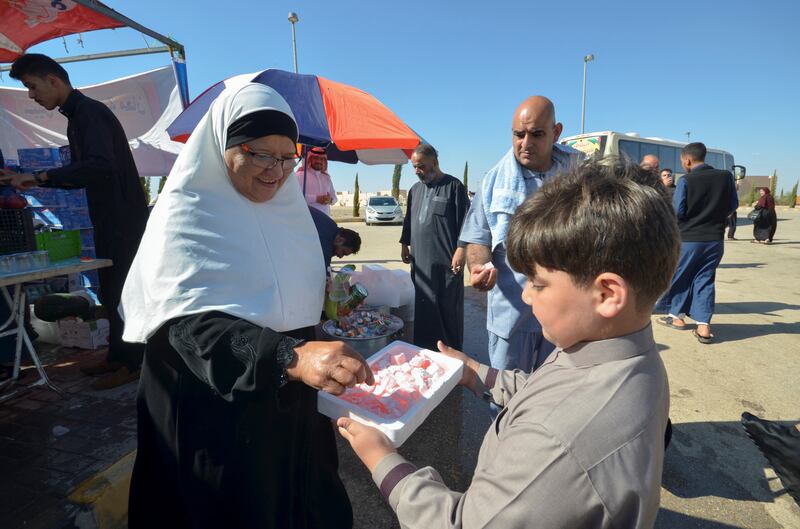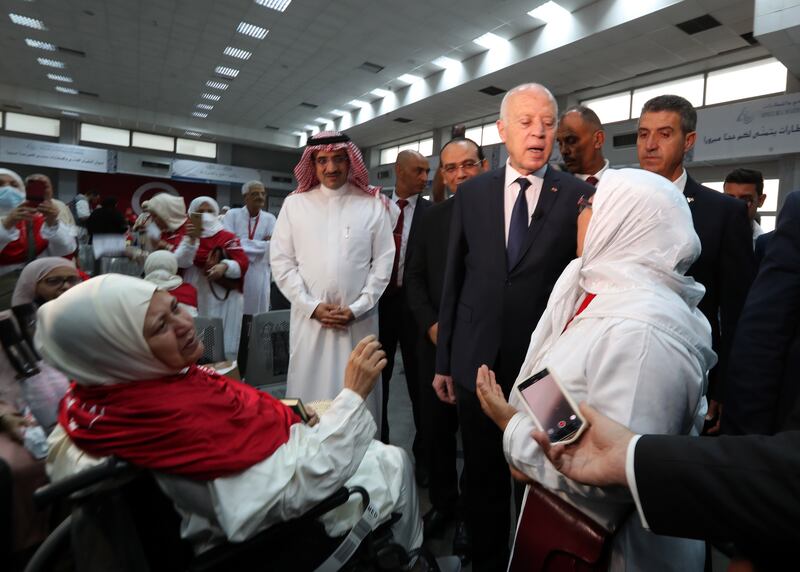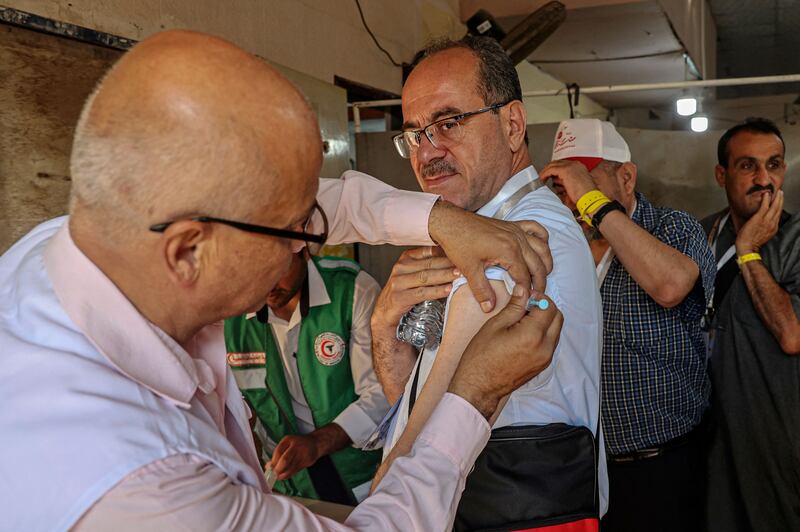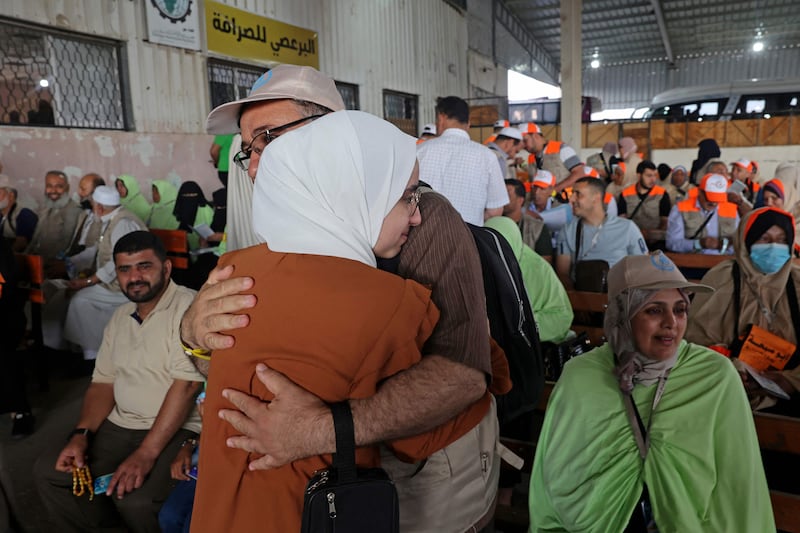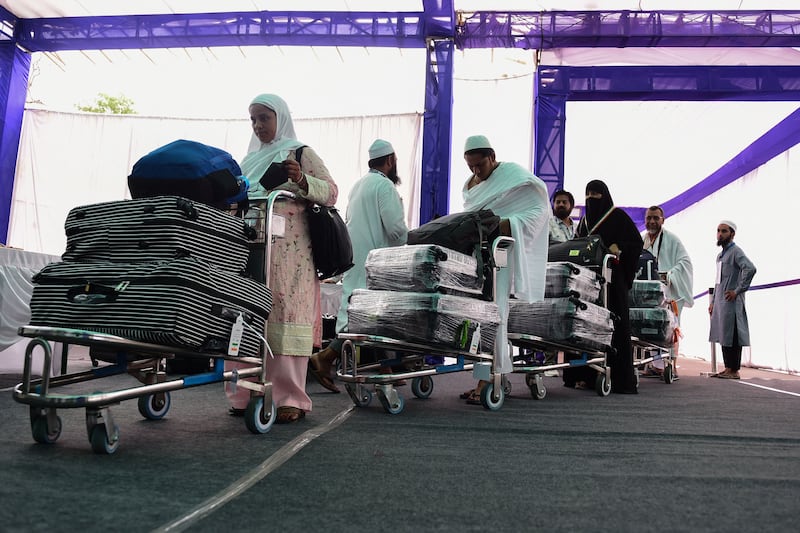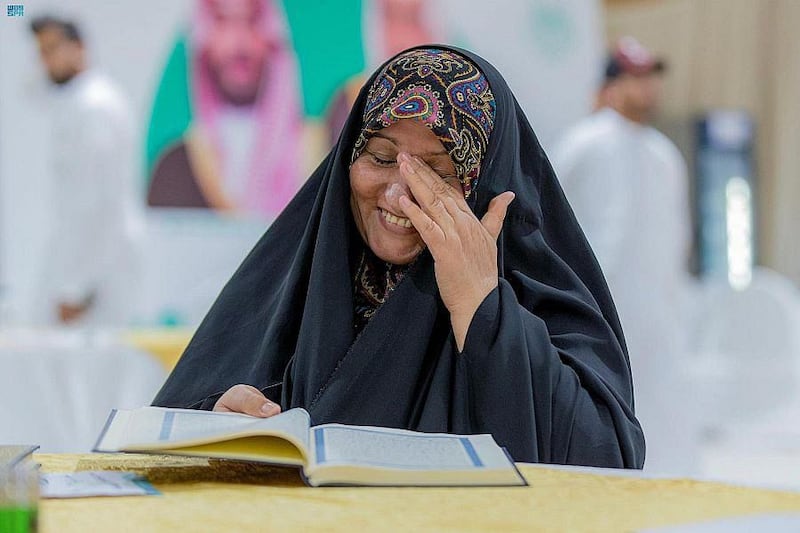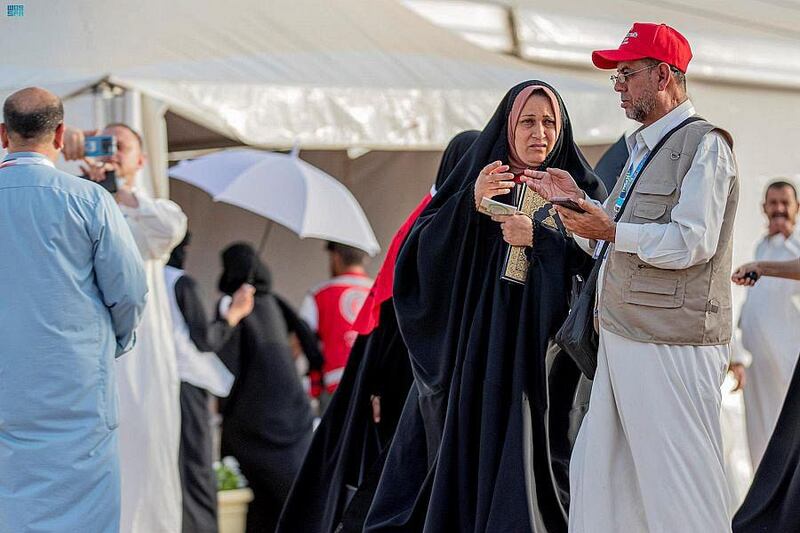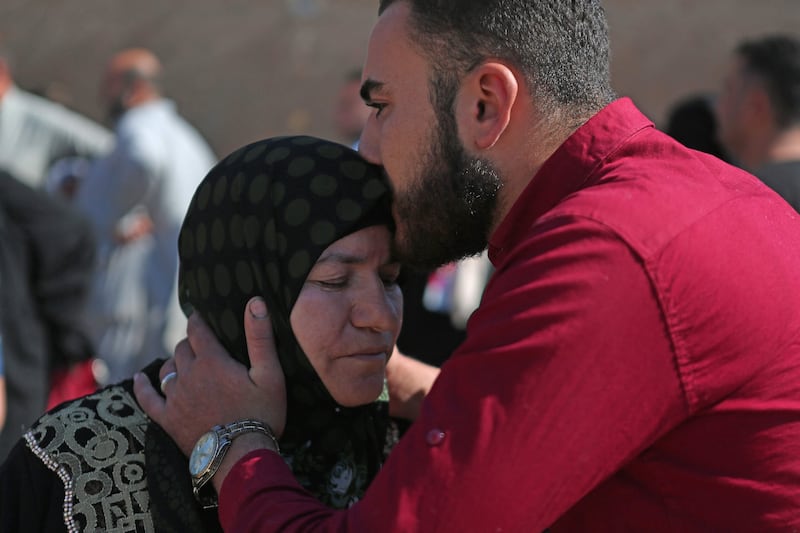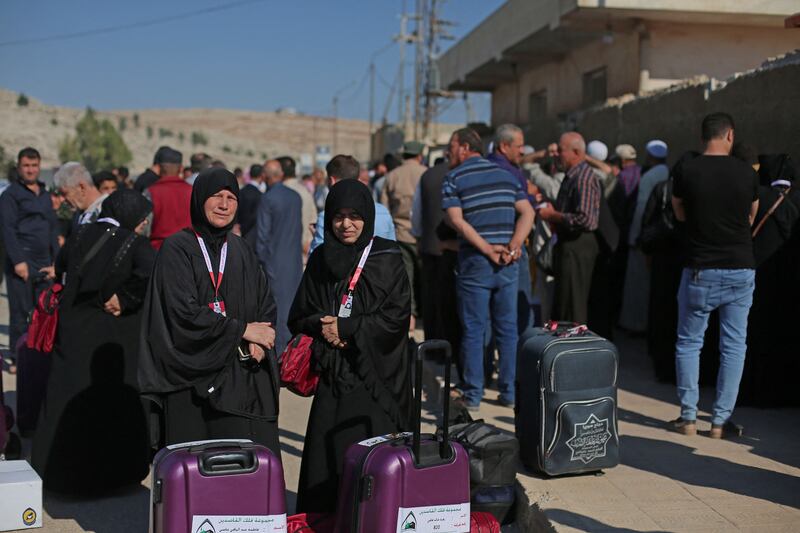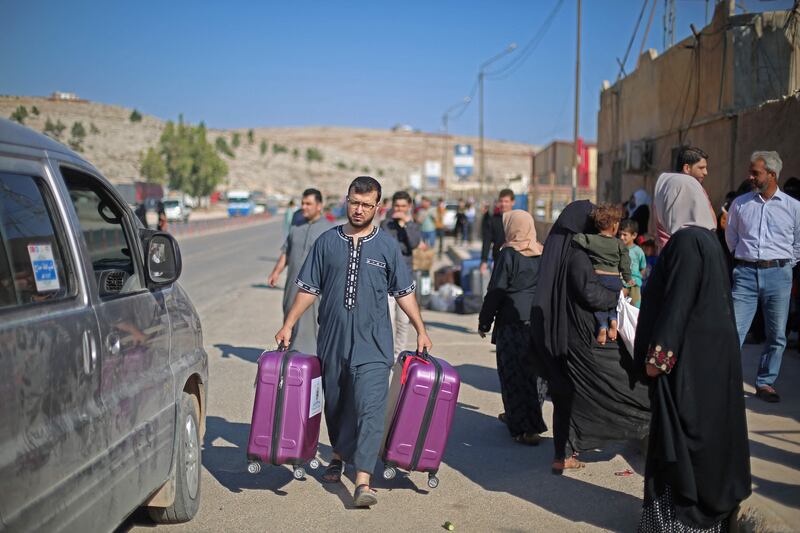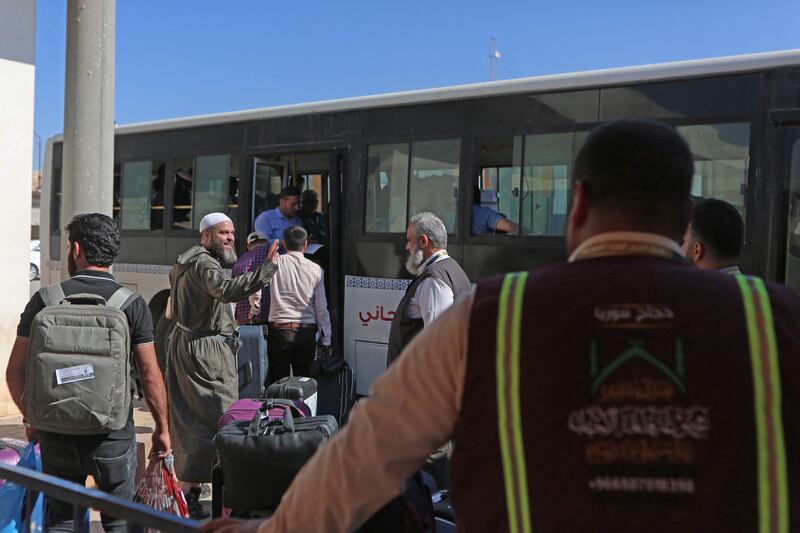Increasing nerves and rising expectations; for those about to make the Hajj pilgrimage to Islam’s holy site of Makkah, these feelings are normal. I know them well. I did my first and only Hajj back in 2010.
This year, after the introduction of mass vaccinations and amid lower Covid-19 cases, relaxed social distancing and travel laws, authorities are eager to welcome people from abroad to perform Hajj in July.
Saudi Arabia is also making major efforts to keep the pilgrimage clean and eco-friendly.
Scroll through the gallery above to see pictures of people arriving for Hajj in 2022
What do pilgrims wear on Hajj and what things to pack for the journey?
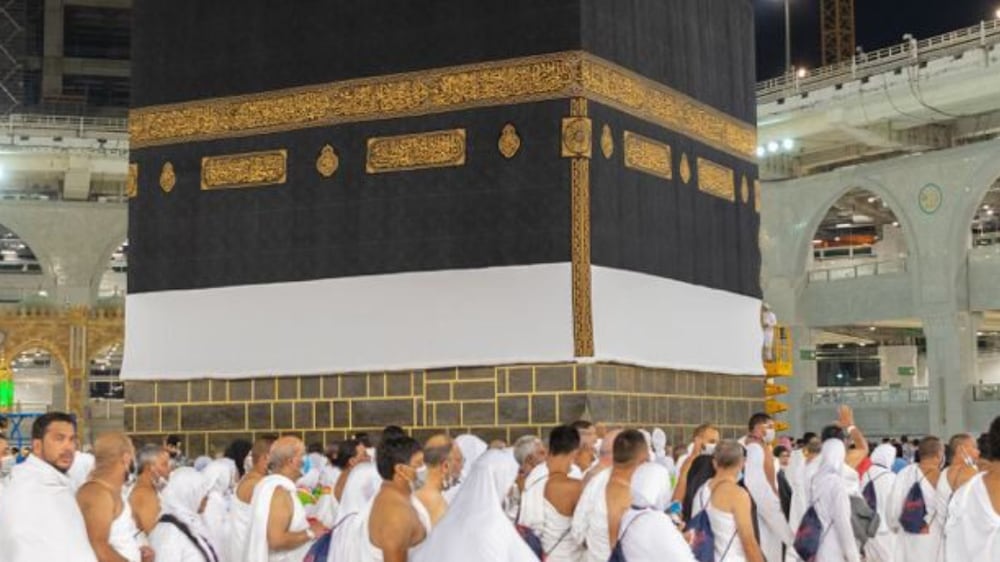
I went in 2010 with preconceptions and returned fulfilled in ways I didn’t expect. That’s the thing about the Hajj: we hear and read so many stories about the experience, but nothing can really capture the immensity of seeing the Kaaba for the first time, or the vulnerability some men feel when wearing the Hajj outfit, the ihram.
That said, one’s faith is increased through constant practice. And, if you intend to go and do the Hajj this year, in addition to reading holy scriptures and scholarly texts, it can also be handy to ask people who have already undertaken the pilgrimage for their advice.
That's because there is no such thing as the perfect Hajj. Get nearly two million fallible human beings in one destination, with the aim of completing certain tasks within a specific time, and some are bound to slip up.
I did. But whatever regrets I have from the experience, which admittedly are few, I try to transform them into morsels of advice I give out to those heading to Makkah as part of their own spiritual journey.
I shared a few of these tips and anecdotes in a Khalidiya coffee shop. A few fellow Hajjis and I met up with a couple of Sudanese friends who were making their final preparations for their coming trip. They wanted some advice on what to expect.
I explained that it is best to have no expectations. Hajj is no picnic. The logistics involved in bringing so many people into the city means that well-laid plans can frequently go awry. It is best to go with the flow and view the unexpected hiccups as expected.
This compelled my Pakistani-British friend, Hakim, who performed Hajj more than 15 years ago, to offer his best advice: and that's to have patience. "Don't expect to go there and feel all lovey-dovey, bro," he warned. "Yes, it is a beautiful thing to see so many fellow Muslims together, but we are humans and we have our own cultures and ways of doing things. So expect to be constantly annoyed by people's behaviour — you just have to suck it up and worry about your own actions."
But, at the same time, I countered, the diversity of the people I met at Hajj was astonishing. From the struggles they undertook to make the journey to their life stories, their experiences humbled and inspired me.
What is Hajj and why do Muslims go around the Kaaba?
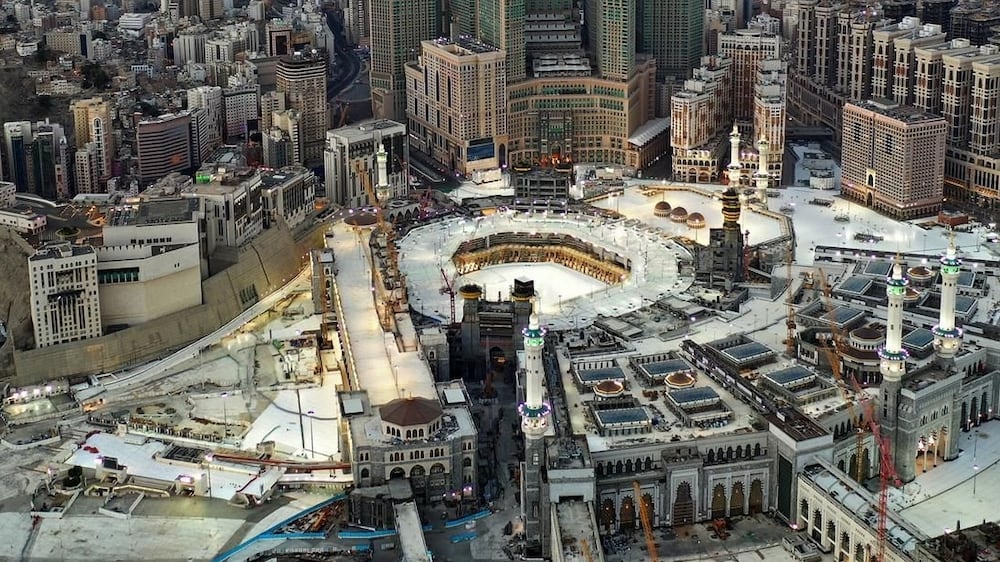
Everyone has a story about a person they met at Hajj. Mine is about an Australian worshipper who had recently embraced the faith. His Hajj journey was part of his personal mission to atone for his former life of crime and excess.
For Hakim, it was meeting a blind sheikh from Senegal whose devotion to the faith moved him to tears.
“But, don’t expect to feel that way in the Hajj,” said Hakim — this was another piece of advice to which I nodded in agreement.
“A lot of the time we go to the Hajj with this idea that we will be on a spiritual high the whole time,” he continued. “Now, that may happen in moments, but to be in that state all the time can be unrealistic.”
Muslims don't go to Hajj to chase a feeling, I said. It's an obligation we must do if we are willing and able. The satisfaction lies in the completion of the task and then using the life lessons you learnt to make your post-Hajj life fruitful for you and those around you.
I wish my friends — and to all of you going to the Hajj — a safe and rewarding experience.
Scroll through the gallery below to see Muslims leaving from countries across the world for Hajj in 2022
A version of this article was originally published in August 2019
